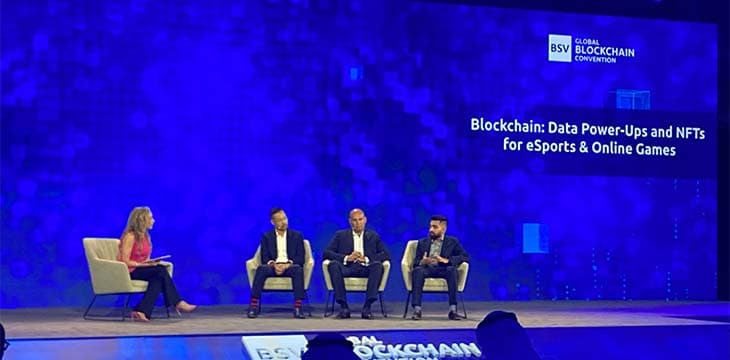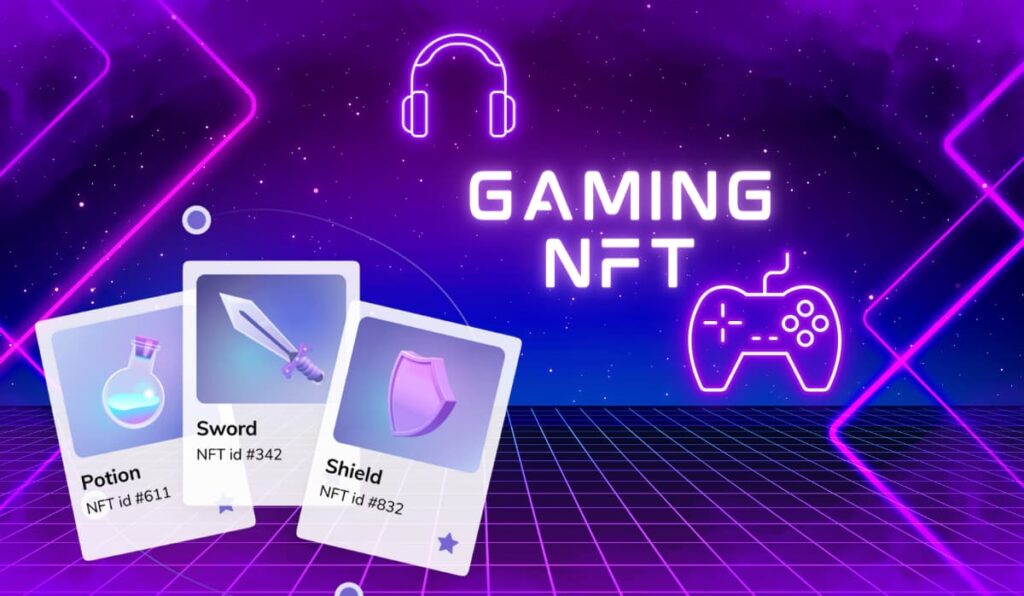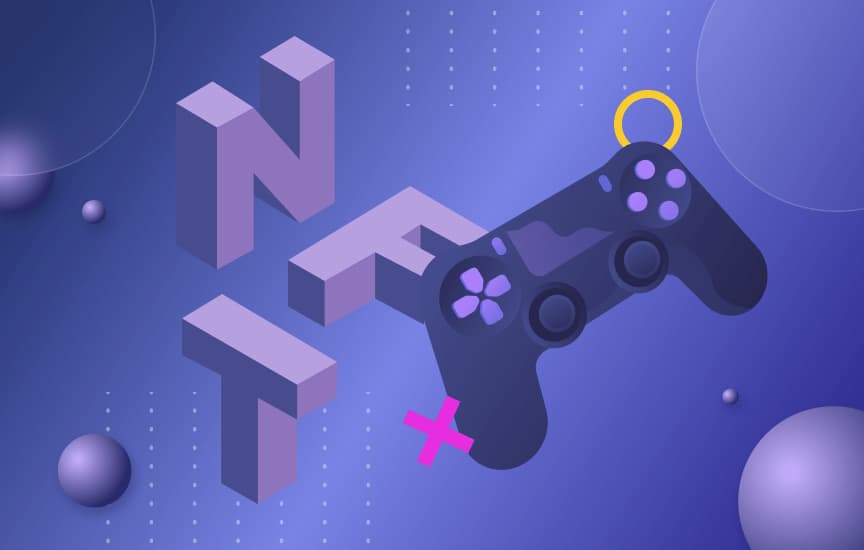The world of eSports is constantly changing and facing new challenges. For example, over the decade (on average) of its existence, eSports teams have been constantly searching for new, more effective mechanisms for interacting with their audience. Team’s management, in turn, is trying to increase profitability, get better coverage in streaming services, and so on. NFTs have become an answer to many of these questions.
What Are NFT Assets?
NFTs are digital assets that people can access via the blockchain. They have become a logical next step in the development of traditional assets that were related directly to games. NFTs are tied to a specific blockchain and allow access to anyone who has a private key. This gives the NFT’s owner the ability to prove the ownership and the authenticity of the asset.
This phenomenon has come a long but eventful way from the first NFTs, such as a looped piece of animation (Quantum, on Namecoin in 2014), to their impact on eSports teams and VIP access to eSports events.
One of the most notable examples of NFT use was Team Liquid’s exclusive in-game skins and collectibles. The team partnered with blockchain game Illuvium to launch co-branded NFTs. Fans could purchase them for collection or use directly in-game. Another example is Fnatic x’s partnership with Crypto.com. The team’s management decided to release branded NFT gear, event passes, and team merchandise.
NFTs’ Impact on the eSport Industry

Even though the history of eSports is decades old, its active phase of development and popularity arose only about 10 years ago. Every year, this industry becomes more digitized, which poses new challenges for teams, the number of which is also growing. If you explore the list of eSports matches at https://gg.bet/esports, you’ll see that traditional disciplines bypass them in popularity and betting odds.
However, this gap is closing very quickly. For instance, one of the most popular LoL World Championships (in 2024) was watched by almost 7,000,000 fans all around the globe. More than 40,000 professional eSports teams not only compete among themselves but also try to win the attention of fans. Another challenge for the industry has been obtaining a stable income. Because of this, teams are trying to unite their fan base, whose members are scattered around the world, and monetize their popularity through NFTs.
New Source of Revenue
Many eSports teams have difficulties in monetizing their fame due to the global nature of the sport. Unlike eSports, which is a traditional discipline, teams can resort to classic marketing strategies, such as selling tickets and merchandise with a focus on a specific geographic region.
Due to globalization, it is difficult for teams to find established supply chain partners. They need to interact with dozens of multiple jurisdictions and deliver products to different parts of the world, which significantly increases spending. It is also more difficult to generate revenue from selling “tickets” for individual game matches.
And this is where NFTs come into play and offer digital collectibles for fans from various sports brands. This is a solution for logistical problems and can reduce the cost of delivering physical goods. NFTs can be implemented in various strategies for long-term income (receiving a percentage of the resale value to the original creator). Additionally, NFTs are integrated into a secure blockchain network, so there’s no need to deal with other payment systems. All you need to do is set up a digital wallet and buy a collectible NFT from an eSports team.
Helping eSports Teams and Players to Increase Their Reach
Unlike traditional disciplines, in eSports, there is no need to sell products directly to fans. With NFTs, it is possible to distribute an asset to any fan in seconds. Teams can directly reach their fans wherever they are and easily promote their brands. What’s more, they can build flexible marketing campaigns to boost the awareness and demand for paid products or services. Fans can also use the blockchain network to monitor their support.

New Audience Engagement
Since eSports teams are global, there is a need to generate awareness on the international stage. For beginners, this can be a serious challenge if they lack experience. To solve this problem and promote themselves, some teams use NFT drops. Such promotions are quite easy to organize compared to traditional marketing campaigns. NFTs also help to strengthen identification with the team and provide proof of membership in the community. With their help, there is a possibility of getting discounts, tickets to matches, or even a pass to meet the top player.
How NFTs Can Shape eSport in the Future?
Given current trends, the implementation of NFTs in eSports will only increase. For example, there may be completely decentralized eSports teams and the creation of cross-game NFT ecosystems. As for the latter, fans can use assets (achievements, skins, etc.) on different platforms without restrictions. Another development option is the creation of virtual stadiums based on NFTs, which is very similar to the concept of the metaverse. This will simplify the participation of both players and fans regardless of their geographical location.



